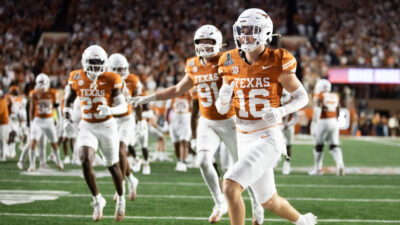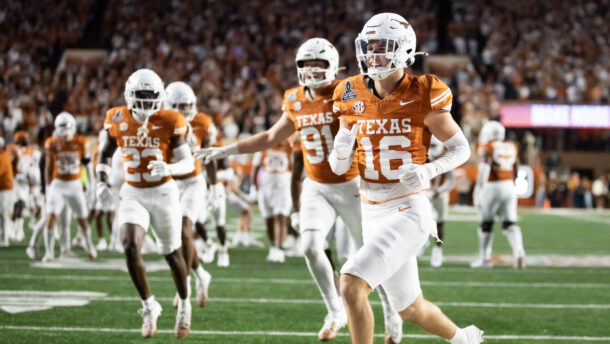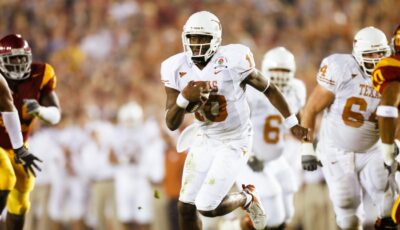Ole Miss collective calls for revenue sharing at Congressional hearing
By Rolando Rosa
Published:
Ole Miss is making their voices heard in the 10th NIL Congressional hearing held on Tuesday. Walker Jones, the leader of the Grove Collective, issued an outline for the group’s requests to Congress.
The 10th NIL Congressional hearing is at 10 ET today.
While much will be made of witnesses Charlie Baker, Tony Petitti & Jack Swarbrick, collectives get their spotlight with Ole Miss’ Walker Jones as a witness.
In testimony, Jones outlines collective’s Congressional requests pic.twitter.com/Bej0u6ZyIl
— Ross Dellenger (@RossDellenger) October 17, 2023
Ole Miss collective director Walker Jones says that collectives are seeing a “correction” on revenue sports deals such as football and basketball. While that’s happening, collectives are seeing an increase in women athlete deals.
— Ross Dellenger (@RossDellenger) October 17, 2023
Jones mentions that having an agent registry is a crucial process for minimizing exploitation in the NIL process.
“We stand ready to assist in rooting out the bad actors who seek to profit off children and student athletes– an agent registry should be a bare minimum requirement,” Jones said.
Jones believes student athletes should be fairly compensated for the value they provide to their respective universities.
“We believe athletes should continue to have the rights to monetize their NIL just like any other individual–the free market coupled with marketplace platforms provide the much-needed transparency to monitor growth while also providing necessary safeguards,” Jones said.
Jones is imploring Congress to permit a revenue sharing plan which he believes is in the best interests of the student athletes.
“A revenue sharing plan would allow collegiate athletes to see the true value being produced for their respective institutions and conferences, which could also be used to increase enforcement and oversight of the marketplace.”
Jones adds that there needs to be consistency across the board as it pertains to the governing of NIL.
“Some level of uniformity that creates a national standard as it relates to state NIL statute and laws,” Jones said.
Jones concluded by urging Congress not to allow “traditional powers” to stifle the progress already made on behalf of student athletes.
“Some have asked what we are against in this conversation, and I would simply say that we would counsel Senators to be leery of drafting federal legislation that places control over collegiate athletes back into the hands of traditional powers,” Jones said. “Any federal bill that arbitrarily limits student athletes’ abilities to maintain complete control over their Name, Image, and Likeness would do just that.”







